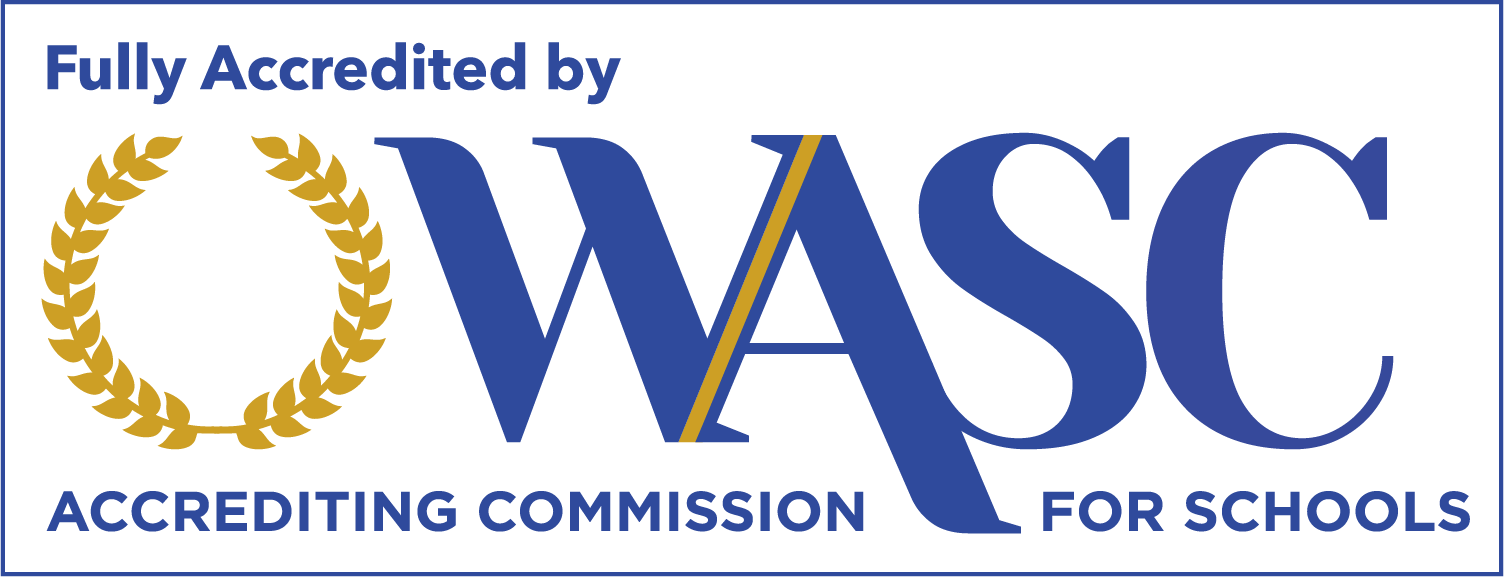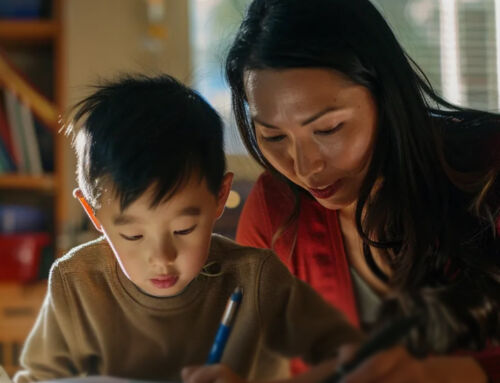How to Get a Child Tested for Dyslexia: Your Essential Guide
Dyslexia is a hidden disability. Seemingly bright and capable students struggle to acquire reading skills commensurate with their other abilities and yet, in every classroom, studies show that 1 in 5 students have dyslexia. In fact, 20% of ALL Americans have dyslexia; it is not just in the classroom. It is the single most common neuro-cognitive learning disorder.
Many parents are anxious about dyslexia. They wonder, “Does my child have dyslexia?” To answer that question, you have to answer several others.
What exactly is dyslexia, and how does it present in children? How can parents learn how to get a child tested for dyslexia? What are the different tests children can take to determine if they have dyslexia?
Answer these questions and you can help your child learn and prosper in little time. Here is your quick guide.
Learn About Dyslexia
Dyslexia is a learning disorder that relates to how a child identifies speech sounds. It is not a hearing problem but rather a processing problem. A child with dyslexia has difficulty relating the sounds they hear to the letters and words on a page in front of them.
Dyslexia is not a vision problem. A child with dyslexia sees the letters and words the same as a typical child however, they process those letters differently. They may recognize a word on one line and then not on the next. Often, they will exhibit letter or number reversals but they are able to see the words in front of them clearly.
Dyslexia is not a hearing problem. A child with dyslexia often has typical hearing skills but because they process letters and sounds inefficiently it can appear that they do not hear correctly.
Because Dyslexia is a brain-based disorder, it can accompany other disorders such as dysgraphia (written expression disorder) or dyscalculia (math disorder). It can also affect mental health with conditions like anxiety. Often, children are diagnosed with ADHD as well, however, ADHD alone does not account for reading difficulties.
A child with dyslexia is not “sick” or “broken” but they will likely need help in order to learn to read efficiently.
Recognize the Signs of Dyslexia in Children
A child may show signs of dyslexia at a very early age. In fact, dyslexia can be detected in a child as young as 4 years old. They may be late to talk, or they may confuse the sounds. They may mix up words like bisghetti for spaghetti or hangaburger for hamburger. They may also struggle with word retrieval using words like “thingy” or “you know” to describe items or events. They may express difficulty when they try to read nursery rhymes or children’s poetry and often struggle with rhyming games.
Most children show prominent signs once they get into elementary school. They may take a long time to complete a reading exercise. They may not remember the correct order of words, or they may substitute complex words for simpler ones.
These problems may become significant as a child gets older. In addition to spelling and writing difficulty, they may have trouble pronouncing names. They often take language literally. Some adults with dyslexia may struggle to understand jokes or wordplay.
Keep in mind that the signs of dyslexia are not exclusive to it. Children with autism spectrum disorder may be late to talk or have trouble with creative language as well. You cannot diagnose your child with dyslexia off of the signs alone.
Get an Evaluation From a Psychologist or Dyslexia Specialist
If you notice signs of dyslexia in your child, you could request testing from the school, however, be specific about asking for an evaluation of dyslexia. Go over the signs that you notice in your child. Talk about any medical or psychological problems that may be causing their symptoms. You could also seek an assessment with a Dyslexia Specialist who is trained specifically in assessing for dyslexia. If it is determined that your child has dyslexia, you should bring your child in for a conversation about it. The more they learn about their learning profile, the easier it will be to support them academically.
Another option is to visit a speech-language therapist. Speech-language therapists study speech and communication disorders. Be sure to seek out a professional that is knowledgeable in dyslexia. They can also give you information about any speech disorders your child may have as well which can occur in students with dyslexia.
Talk to Teachers
Some teachers will take the initiative to reach out to parents if they think something is wrong. If your child’s teacher does not approach you, that doesn’t mean there isn’t a concern. Ask them how your child compares to your school district’s metrics for reading. Keep in mind that these metrics are baselines for learning. A child may not meet the metrics, but they have other problems with reading besides dyslexia.
Always trust your instinct and approach the teacher with your concerns. Don’t wait to see if they fail. Early intervention is key to your child’s academic success
Go Through Dyslexia Testing
There is no one test specifically for dyslexia. However, dyslexia is a phonological processing disorder. Any assessment for dyslexia must include an assessment of phonological processing. In addition, dyslexic learners are generally average to above average in intelligence and therefore, most psychologists give children the Wechsler Intelligence Scale for Children (WISC).
Testing will also include tests of word recognition; both real and nonsense words, as well as assessing reading comprehension and fluency.
Spelling tests are critical as well. A psychologist will ask your child to spell individual words from their memory. It is common for a child to miss a few words, but children with dyslexia have trouble with letters that combine to spell one particular sound. Their spelling is usually significantly below their grade level and often varies each time they write it.
Your child’s history, including family history, along with the results of the assessments will determine if your child has dyslexia. If they do, they will need to begin specialized instruction as soon as possible in order to acquire proficient reading and spelling skills.
Even if your child has dyslexia, they can thrive! READ Academy of Sacramento serves Sacramento’s children with dyslexia. Contact us today.




